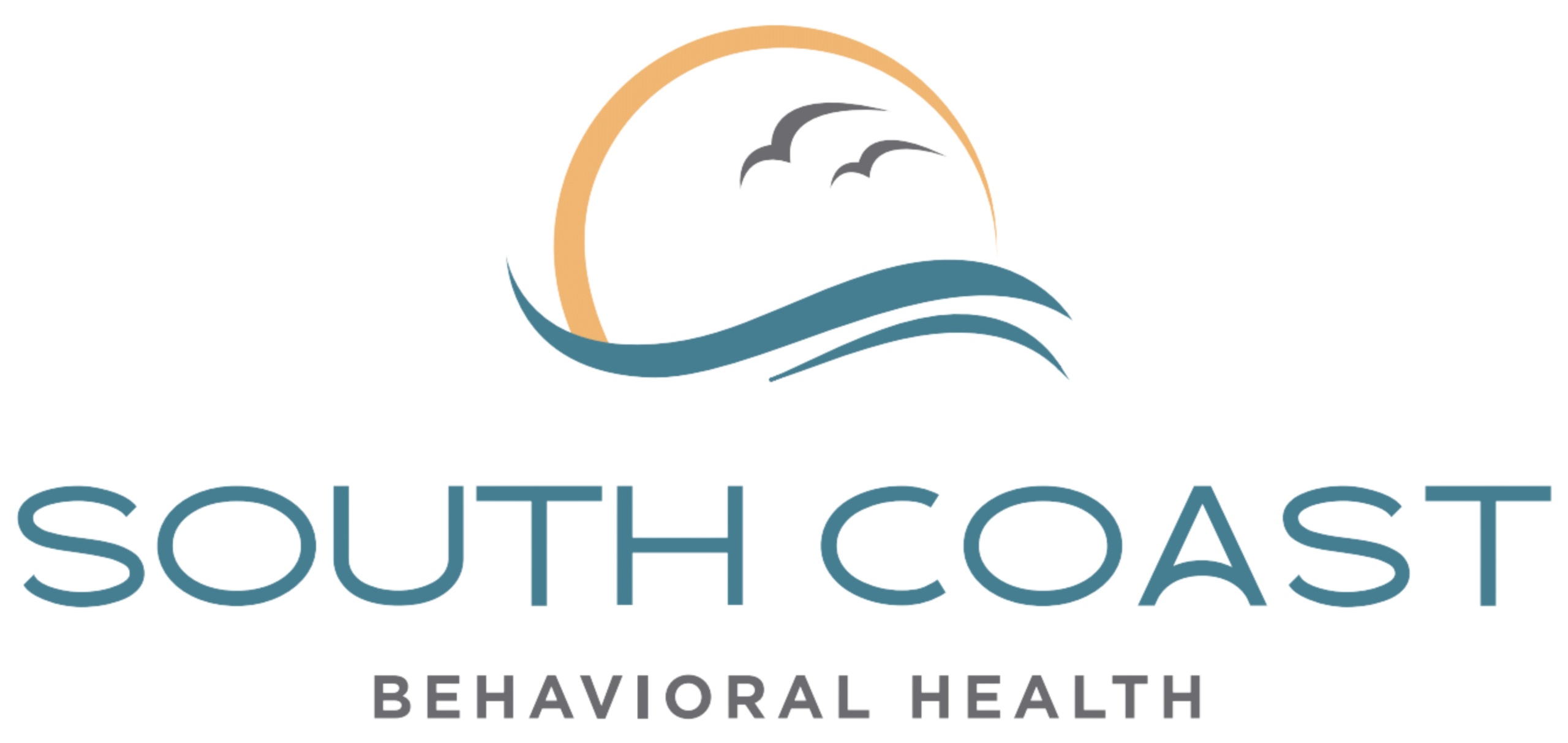One of the biggest obstacles to keeping people with substance abuse issues from seeking the help they need is stigma. It’s seen as weak and shameful to even admit you have a problem, let alone seek help for it. The stigma of substance abuse and seeking treatment needs to be countered if we are to tackle the problem of addiction as a society.
In this article, we’ll go over the stigma of addiction and therapy and how to end it.
What Is Stigma?
Stigma is a negative connotation attached to a concept, situation, or person, in the mind of the general public. For example, there is a stigma surrounding former prison inmates that makes it hard for them to find jobs upon release.
Likewise, there is a stigma surrounding various aspects of substance abuse and mental health treatment. One of the earliest was the stigma of alcoholism, which, until fairly recently, prevented us as a society from talking honestly about the issue. The stigma around the issue also prevented people from seeking help. We used to deride such people as “drunks” who lacked self-control – now, we know better.
We also used to stigmatize mental health issues (which often coincide with substance abuse) with depression. There used to be a stigma around depression in which sufferers were seen as dangerous, or even somehow to blame for the disorder. As a result, depression stigma led to people with the disease sometimes facing discrimination in housing or employment.
Does Addiction Have Stigma?
We’ve made progress as a society around this topic, but yes, there the stigma of substance abuse still exists to some degree.
One reason for the stigma around addiction is the lack of understanding and education about its nature. Many people still believe that addiction is a choice or a matter of willpower, when in fact addiction is a chronic disease that affects the brain and can be extremely difficult to overcome without professional help.
Another reason for the stigma of addiction is the portrayal of individuals with addiction in the media. Often, people who struggle with addiction are depicted as criminals or as people who are homeless or living in poverty. This portrayal reinforces negative stereotypes and further stigmatizes those who are struggling with substance abuse.
The stigma surrounding addiction can have significant consequences. It can discourage individuals from seeking help for their addiction, and it can also make it more difficult for individuals to access the resources and support they need to recover. It is important to challenge the stigma surrounding addiction and to promote a greater understanding and acceptance of those who are struggling with addiction.
How to End the Stigma of Substance Abuse
There are many things we can do to end the stigma of substance abuse:
Educate Yourself
Educate yourself and refrain from spreading misinformation. Learn the facts about addiction and the treatment process. Become familiar with the terminology and the evidence-based treatments that are available for individuals with substance abuse problems. Then start conversations about addiction with friends, family members, or colleagues in order to raise awareness and dispel myths and misinformation.
Avoid Dehumanizing Language
The language you use matters. Avoid joking about addiction or using dehumanizing language about those struggling with substance abuse. Additionally, avoid outdated or insulting terminology.
This can include words such as:
- Addict
- Junkie
- Alcoholic
- Drunk
Here is a helpful resource on other dehumanizing words and terms to avoid and more helpful replacements.
Be Compassionate
Treat people in recovery with respect and compassion, just as you would someone with an illness like cancer. This means being empathetic toward the things they are going through and withholding judgment.
Don’t Stereotype
Don’t define or stereotype people because of their disorder. Substance use disorders can affect anyone, regardless of background, socioeconomic status, or ethnicity. Stereotyping can perpetuate harmful myths and prevent people from seeking the help they need. Everyone is an individual and deserves to be treated as such.
Lead by Example
Set an example for others by educating yourself and speaking openly, honestly, and respectfully about addiction and recovery. Be supportive of someone who discloses their addiction. Show that you’re willing to listen and provide comfort. If a friend or family member is in recovery, show your support by not using alcohol or drugs around them or engaging in activities that could trigger a relapse.
Advocate for Change
Be an advocate for change in your community. Educate others about the issues. Advocate for improved access to treatment and support services for individuals with substance abuse problems. Support anti-stigma campaigns and organizations aiming to shift public opinion. Together, we can all work to end the stigma of substance abuse.
Substance Abuse Treatment in Southern California
Don’t let the stigma of substance abuse hold you back from getting the help you need. South Coast Behavioral Health is committed to providing compassionate and individualized care that treats the whole person. Simply call us at 866-881-1184. Our highly qualified staff are available 24/7 to answer your questions.
By working together, we can break down the stigma of substance abuse and create a more welcoming and supportive environment for those who are struggling. Together, we can make a difference and help those struggling with addiction access the help and support they need.
REFERENCES:























